
Japan will resume commercial whaling. Get the facts.
Japan is pulling out of the International Whaling Commission. Here's how it works and what it means.
Japan has decided to withdraw from the International Whaling Commission (IWC) and resume whaling in its coastal waters, a government spokesman confirmed. The commission, with 89 member governments, was established in 1946 to conserve whales and manage whaling around the world. It banned commercial whaling in 1986.
Although Japan is the main market for whale meat, consumption there is limited—about an ounce per person per year, or about 4,000 to 5,000 tons, according to a report by the Animal Welfare Institute, a nonprofit that seeks to alleviate animal suffering, and the Environmental Investigation Agency, which tracks international wildlife crime.
According to Astrid Fuchs, whaling program manager for the U.K.-based nonprofit Whale and Dolphin Conservation, who spoke to National Geographic before the news was confirmed, Japan’s withdrawal would primarily be a political move, sending the message that the country can use the oceans as they please. (Learn more about how the international community recently moved to stop Japan from hunting sei whales.)
“For decades Japan has aggressively pursued a well-funded whaling campaign to upend the global ban on commercial whaling," says Kitty Block, president of Humane Society International. "It has consistently failed but instead of accepting that most nations no longer want to hunt whales, it has now simply walked out.”
Because Japan is a leading voice among pro-whaling countries, Fuchs says, its withdrawal may inspire other countries, such as South Korea and Russia, to follow suit. (Read how whales are deliberately hunted 'by accident' in some countries.)
Under the ban, whaling for scientific purposes—biologists studying reproductive status, stomach contents, and effects of environmental change, for example—is exempt. Japan has long been accused of using that exemption as a cover, with whalers supplying some body parts to researchers and selling the rest of the meat for human consumption.
“They’ve been thumbing their nose at the moratorium and the will of international citizens for a long time,” Block says.
In a vote this summer during the commission’s annual meeting, Japan’s proposal to allow commercial whaling was rejected.
“They put a lot of money into it,” Fuchs says. “Part of the government really expected that they might be able to swing the mood with some countries at the meeting.”
After the meeting, officials, including Masaaki Taniai, vice minister for fisheries, and Joji Morishita, Japan’s IWC commissioner, said they’d consider withdrawing from the commission—a threat Japan has made in the past.
Fuchs predicted that this time was different. “It very much [sounded] like they’re actually doing it,” she said earlier.
Block agreed. “When they don’t get their way at these international meetings, they say they’re going to leave, and they’ve been making that idle threat for many, many years now. This time [seemed] to be a little more vociferous.”
By withdrawing from the commission, Japan can no longer take advantage of the IWC’s exemption for scientific whaling in international waters and would therefore have to halt whaling on the high seas. That’s because the United Nations Convention on the Law of the Seas requires its signatories, which include Japan, to work through “the appropriate international organizations” for marine mammal conservation. That’s widely interpreted by legal scholars to mean the IWC—even if a country is not party to the IWC. The one benefit Japan gets by withdrawing is it could likely resume whaling in its own backyard without oversight.

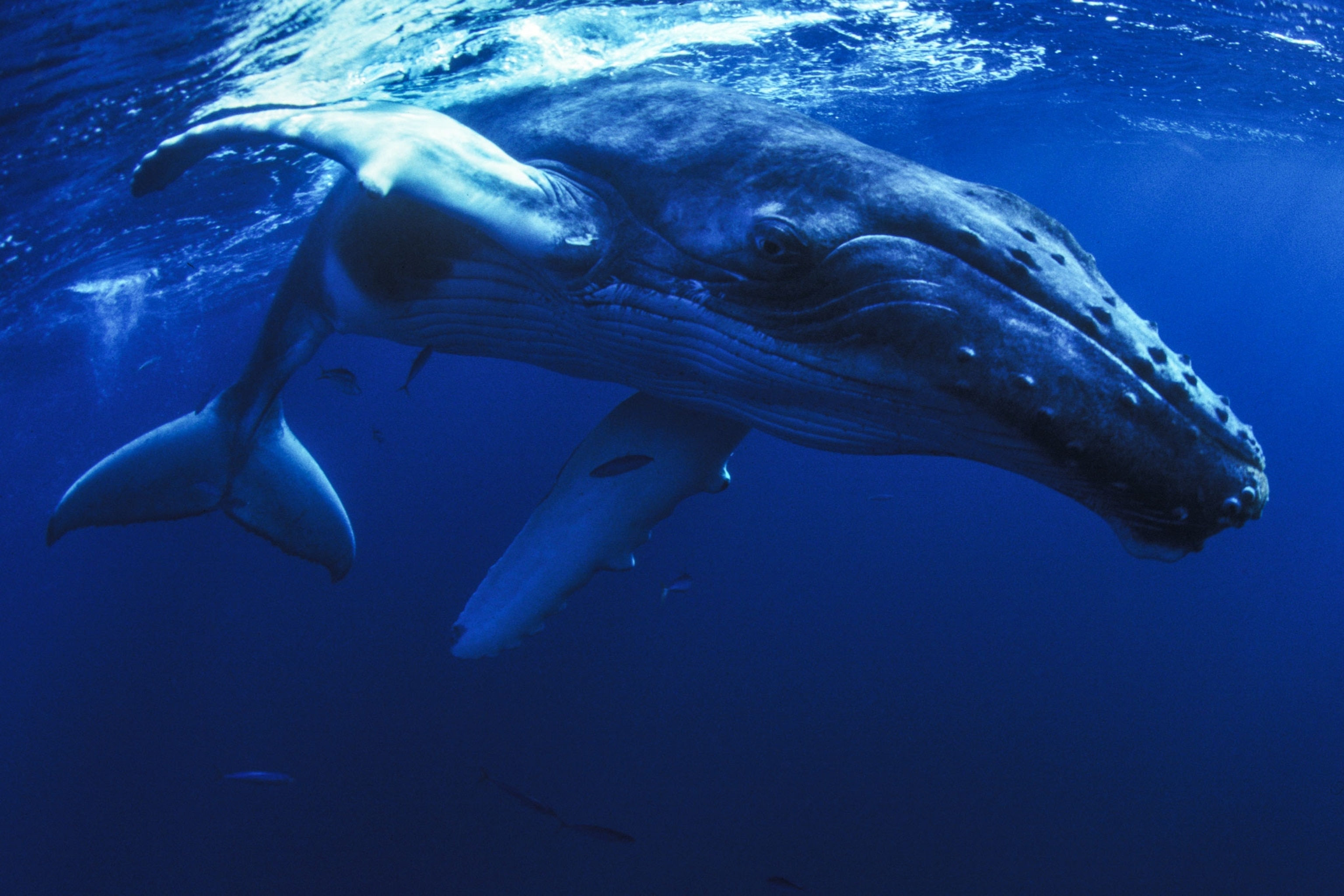

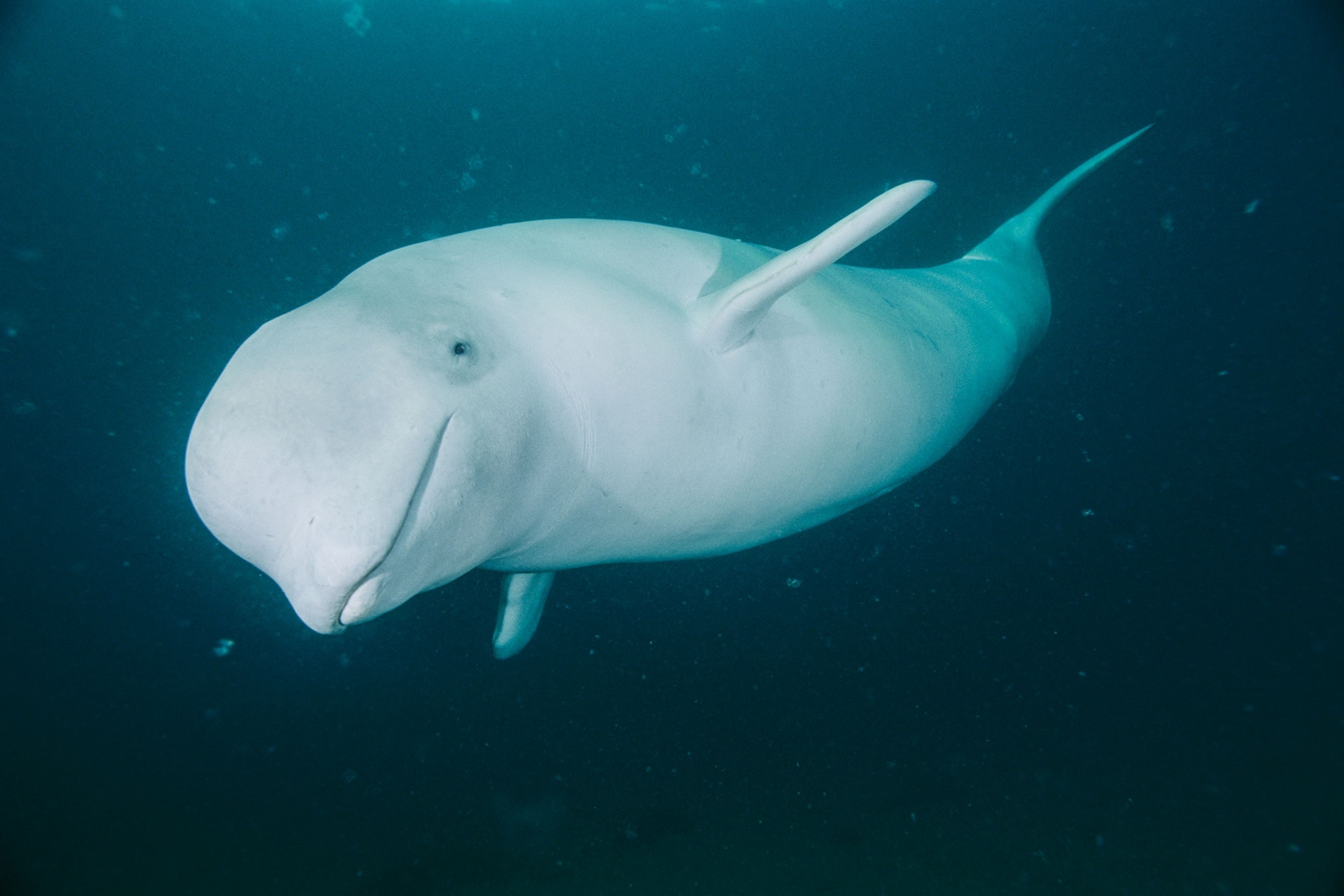

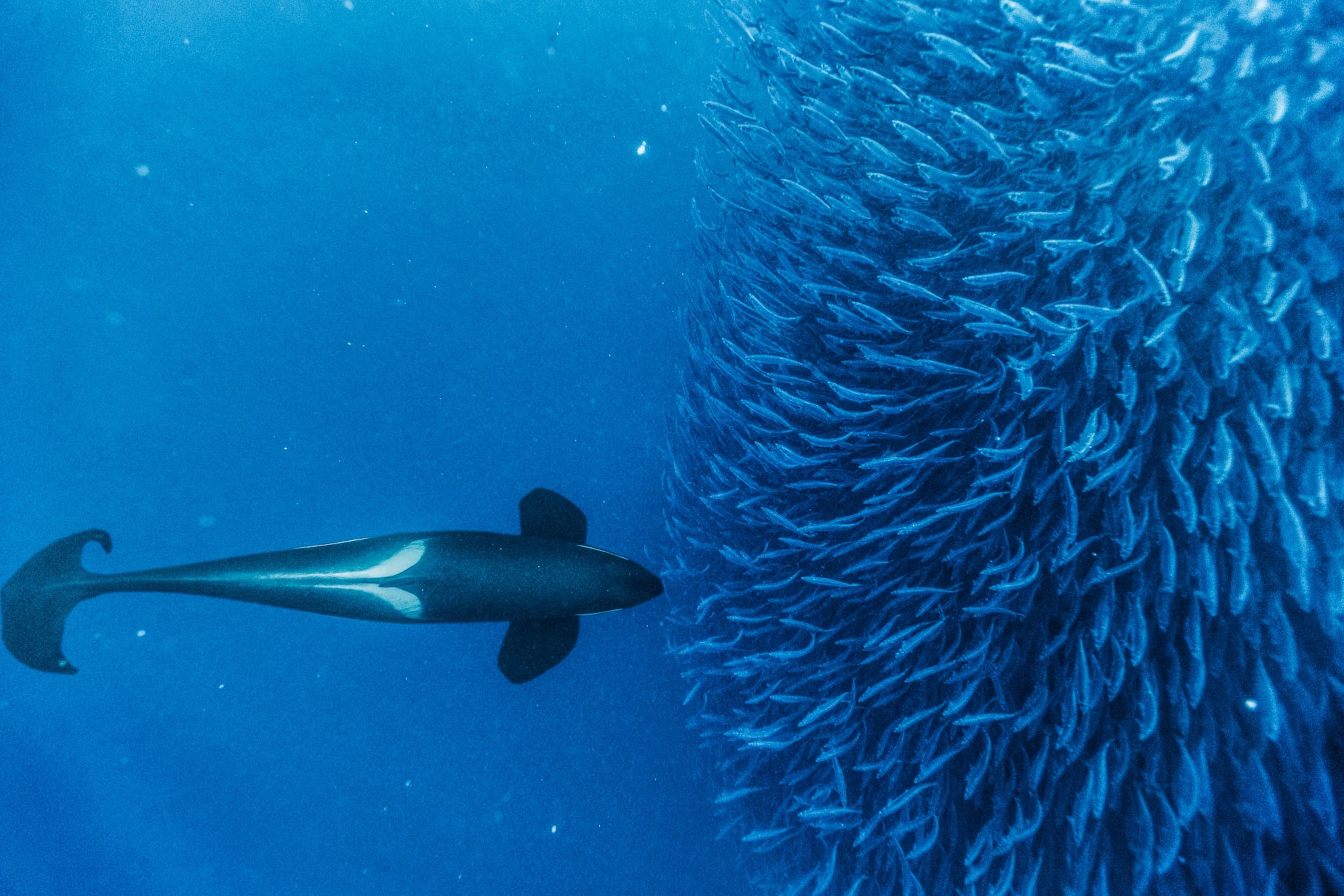
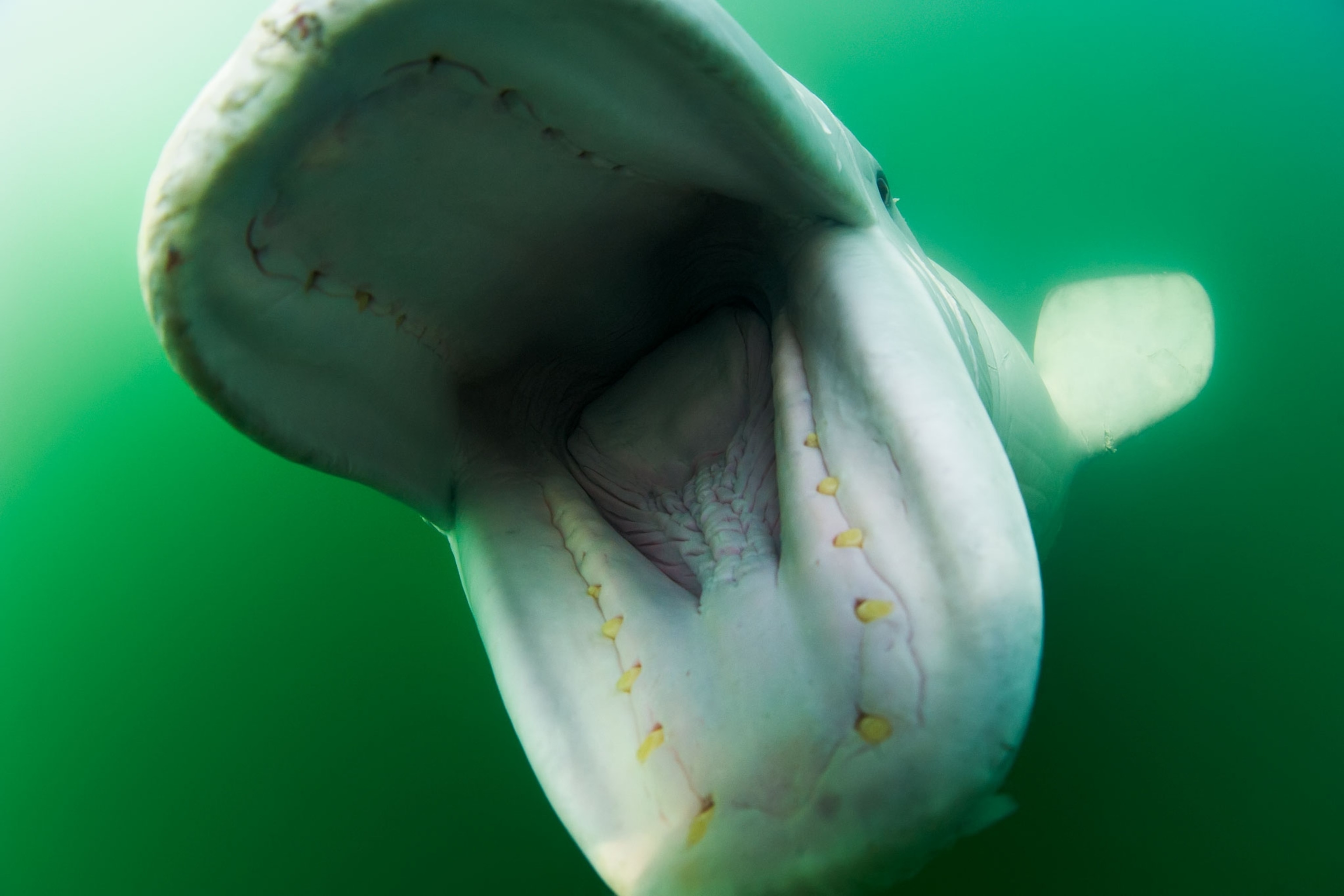
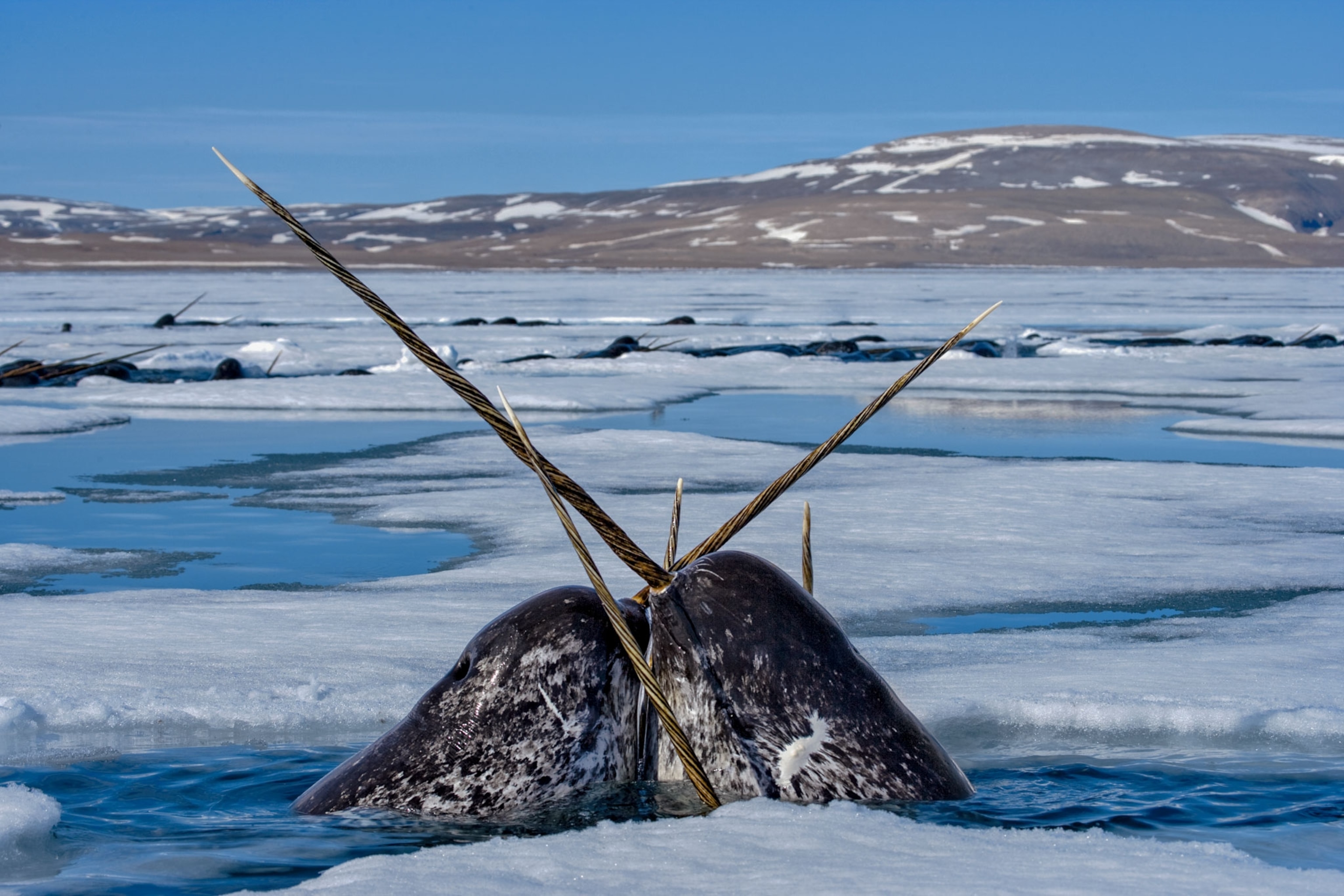




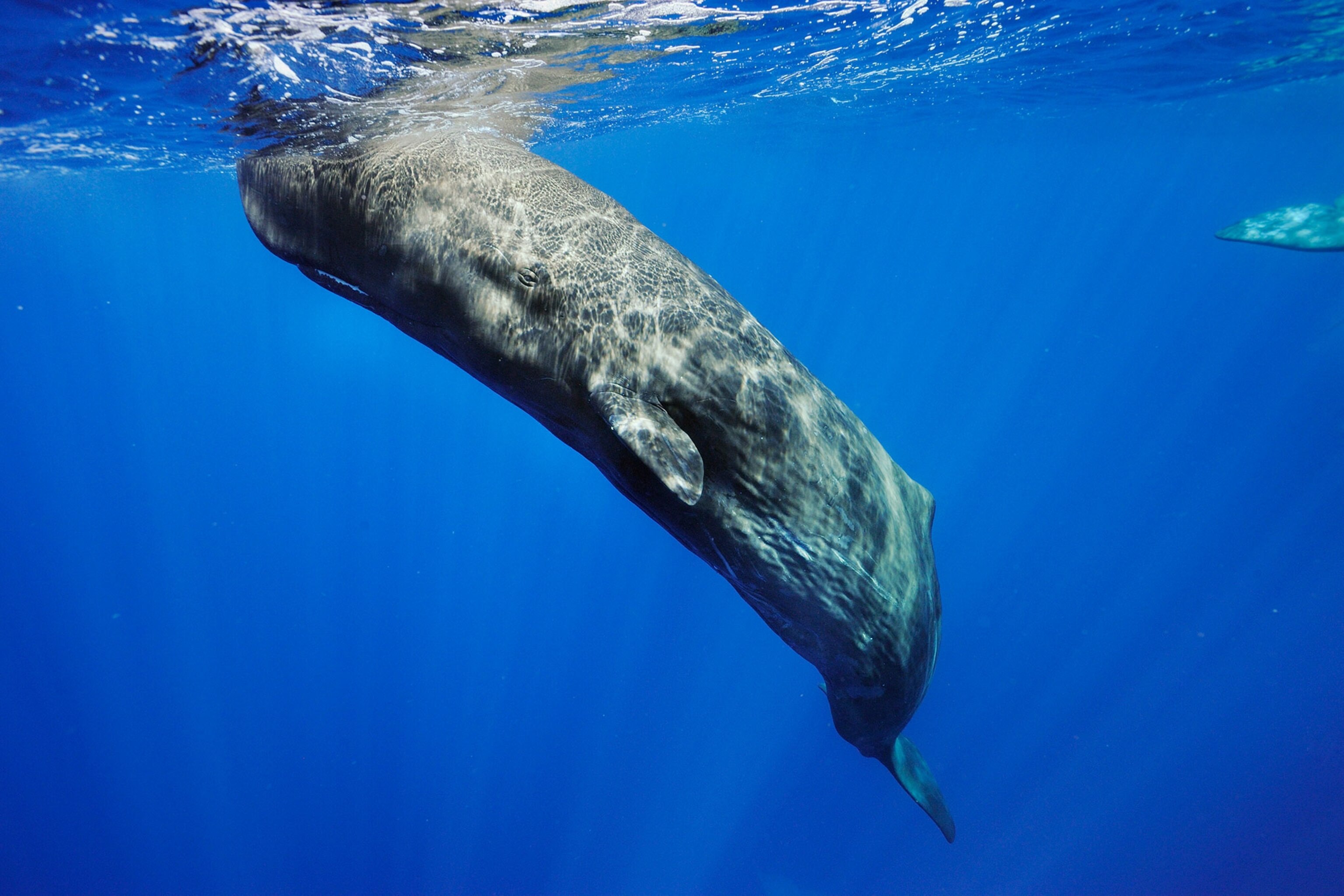

This would be beneficial for whales in Antarctica—where Japan killed upwards of 300 in 2016, including more than 200 pregnant females—but bad for species in Japanese waters.
There’s particular concern about the status of minke whales called the J-stock, found off the coast of Japan and frequently hunted. Minke whales are targeted because they’re relatively abundant, not having been decimated during commercial whaling’s peak years during the 1970s.
If Japan were to be more open about its intent to continue commercial whaling, it might simplify things in some ways, says Natalie Barefoot, a University of Miami law professor and expert in whale law.
“We’re having this dialogue essentially pretending that they’re performing scientific research,” she says. “If they change their position and say, ‘Hey, we are, this is what we’re doing. We are commercial whaling’—in some ways, it’s a bit of a relief, because we can have an actual honest conversation on their activities in ocean waters.”
By Japan withdrawing from the commission, it will face no formal consequences, but other countries could take matters into their own hands and impose sanctions—for example, by denying Japan access to fishing in their waters. It also means that Japan would no longer be a part of the international dialogue on whaling.
“As we become an increasingly global community, it’s better to have everyone at the table, even if you disagree, and just to continue to work,” Barefoot says. “These are global issues we’re addressing, and we need to address them together.”
According to commission spokesperson Kate Wilson, in order for Japan to bow out by the end of June 2019, it would need to send formal notification of withdrawal to the U.S. State Department, which would inform the commission secretariat, by January 1.
A representative from the U.S. embassy in Japan was not immediately available for comment.
The timing of this latest intimation by Japan of its withdrawal from the commission may not be coincidental, Fuchs says. With the holidays season, they may expect less opposition.
You May Also Like
Go Further
Animals
- Orangutan seen using plants to heal wound for first timeOrangutan seen using plants to heal wound for first time
- What La Palma's 'lava tubes' tell us about life on other planetsWhat La Palma's 'lava tubes' tell us about life on other planets
- This fungus turns cicadas into zombies who procreate—then dieThis fungus turns cicadas into zombies who procreate—then die
- How can we protect grizzlies from their biggest threat—trains?How can we protect grizzlies from their biggest threat—trains?
- This ‘saber-toothed’ salmon wasn’t quite what we thoughtThis ‘saber-toothed’ salmon wasn’t quite what we thought
Environment
- What La Palma's 'lava tubes' tell us about life on other planetsWhat La Palma's 'lava tubes' tell us about life on other planets
- How fungi form ‘fairy rings’ and inspire superstitionsHow fungi form ‘fairy rings’ and inspire superstitions
- Your favorite foods may not taste the same in the future. Here's why.Your favorite foods may not taste the same in the future. Here's why.
- Are the Great Lakes the key to solving America’s emissions conundrum?Are the Great Lakes the key to solving America’s emissions conundrum?
- The world’s historic sites face climate change. Can Petra lead the way?The world’s historic sites face climate change. Can Petra lead the way?
History & Culture
- Meet the ruthless king who unified the Kingdom of Hawai'iMeet the ruthless king who unified the Kingdom of Hawai'i
- Hawaii's Lei Day is about so much more than flowersHawaii's Lei Day is about so much more than flowers
- When treasure hunters find artifacts, who gets to keep them?When treasure hunters find artifacts, who gets to keep them?
- Meet the original members of the tortured poets departmentMeet the original members of the tortured poets department
Science
- Why ovaries are so crucial to women’s health and longevityWhy ovaries are so crucial to women’s health and longevity
- Orangutan seen using plants to heal wound for first timeOrangutan seen using plants to heal wound for first time
- Should you be concerned about bird flu in your milk?Should you be concerned about bird flu in your milk?
Travel
- On this Croatian peninsula, traditions are securing locals' futuresOn this Croatian peninsula, traditions are securing locals' futures
- Are Italy's 'problem bears' a danger to travellers?Are Italy's 'problem bears' a danger to travellers?
- How to navigate Nantes’ arts and culture scene
- Paid Content
How to navigate Nantes’ arts and culture scene






